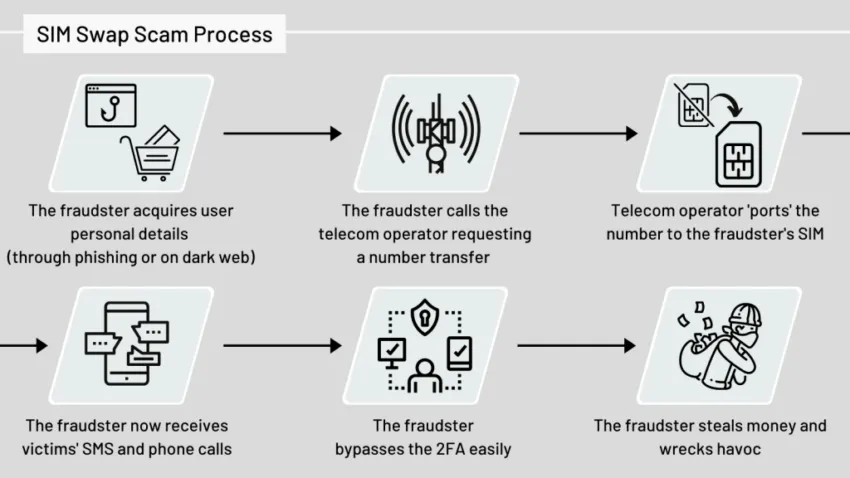In a groundbreaking move, Telefónica and Chainlink are joining forces to leverage blockchain technology in fighting SIM swap attacks, introducing new security measures to protect against these cyber threats. In a notable breach in November 2022, attackers executed a SIM swap to steal over $400 million from FTX cryptocurrency exchange, underscoring the urgency for improved digital security measures. Additionally, a SIM swap attack targeted the US Securities and Exchange Commission’s Twitter account, drawing attention to the increasing need for cybersecurity.
At the cutting edge of addressing cyber threats, Telefónica, a leading global telecommunications company, has formed a strategic partnership with Chainlink Labs, known for its pivotal role in connecting the web3 ecosystem. Together, they are setting a new standard in digital security against the ever-present danger of SIM swap fraud.
A Strategic Alliance Against Digital Vulnerabilities
Their joint venture uses Chainlink Functions to integrate APIs from the GSMA Open Gateway with Polygon’s Proof of Stake blockchain network, marking a significant advancement in merging telecommunications with blockchain technology. This collaboration highlights the importance of secure oracle networks in transmitting real-world data to the blockchain, aiming to enhance the functionality and security of web3 applications.
The collaboration comes in response to glaring cybersecurity breaches, such as the substantial loss faced by the FTX cryptocurrency exchange in November 2022 due to a SIM swap attack. Orchestrated by individuals later charged by the US Department of Justice, this incident exposed the susceptibility of even the most secure digital entities to such frauds. Attackers manipulated personal information to transfer victims’ phone numbers to their devices, gaining unauthorized access to financial and cryptocurrency accounts.

Highlighting the Risks: SEC’s Compromised Twitter Account
The attack on the SEC’s Twitter account, where fraudsters announced the approval of Bitcoin ETFs, causing a temporary market frenzy, further illustrates the potential for disinformation and market manipulation through such cyberattacks. Austin Berglas, a former FBI cybersecurity expert, emphasized the significant risks of such breaches in affecting market values and spreading disinformation.
Through their partnership, Telefónica and Chainlink aim to fortify web3 applications and DeFi services against these threats. By enabling smart contracts to verify the authenticity of SIM card changes via the GSMA Open Gateway SIM SWAP API, they are introducing an essential security layer. This initiative goes beyond safeguarding transactions, enhancing two-factor authentication, and fraud detection across decentralized applications, setting a new benchmark in digital security.

